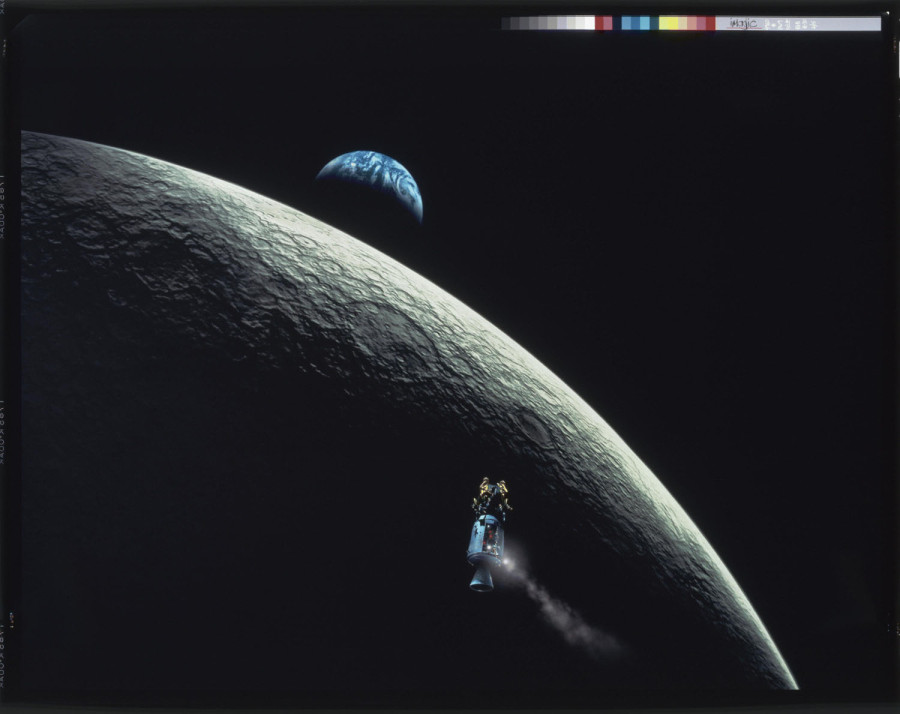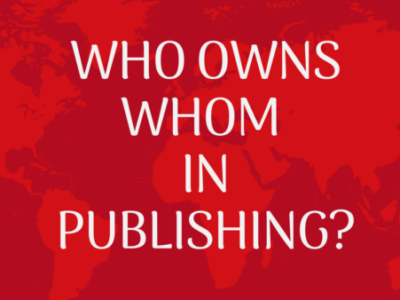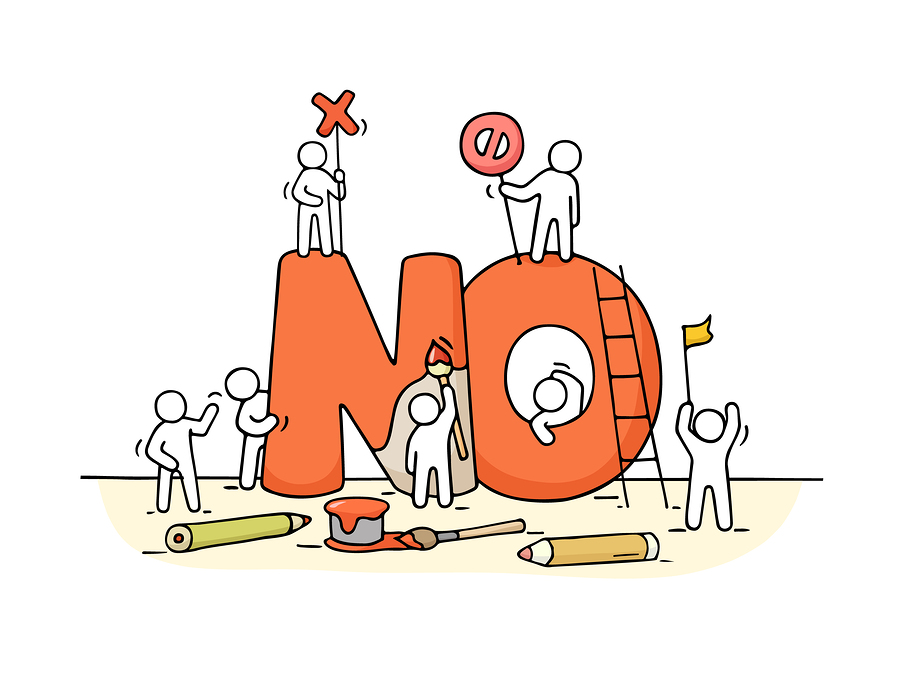
Trim size is one of those terms we use frequently when talking about the dimensions of your printed book.
The term originates from the printing process, where the book’s pages are initially printed on large sheets, which are then folded, glued, and subsequently trimmed to a specific size. (This linked video shows the entire book printing process.) Go to your shelf, pull down a few titles, and measure the page dimensions to see a physical example of what is described below. (On a hardback, measure the pages, not the cover. The pages are the trim size.)
There aren’t any hard and fast rules about what size a book should be. It is determined by many factors, almost too numerous to explain. But there are some general guidelines and terms.
Below, I list the publisher jargon that describes a particular trim size followed by the dimensions of that book. The first number is the short-side measurement, the second number is the tall or long-side measurement. This is the measurement of the paper. A hardcover book has a cover that is slightly larger than the trim size of the paper itself.
Mass Market – 4.25″ x 7″
These books are the ones you might see in the grocery-store checkout line or in an airport store. Years ago, special racks and shelves were built specifically for this size. It suggested an inexpensive version of a book. Most often, this is used in the fiction category. Recently, this trim size has been slowly eliminated by most major publishers because large chains, like Walmart, rarely carry them.
Book contracts often have a separate royalty rate for this mass-market trim size since the retail price is lower and, in many cases, the book can be returned to the publisher by simply tearing the cover off and returning that stripped book cover. It is called “Strip Cover Returns.”
Trade Paperback – ranges from 5.5″ x 8.5″ to 6″ x 9″
This is the go-to trim size for most paperbacks in today’s market. Fiction tends toward the 5.5″ x 8.5″ size, but not always. This smaller size is also efficient because it is the dimension of a regular piece of paper folded in half.
The larger 6″ x 9″, for some publishers, is the default for textbooks or certain types of nonfiction.
There are times where the larger trim size is an advantage because there is more “real estate” for the content to fit. Thus, you can keep the content the same but use fewer pages to print, which costs less money. There is a minor difference in cost between the two sizes.
Manuals or Workbooks – 8.5″ x 11″
This is a common trim size because each page is like a regular sheet of paper. The only problem with this is in a brick-and-mortar store. Bookstore shelves are only 10 inches high. Thus, workbooks are either placed on their side on the shelf or stuck on the top corner, making them hard to find later.
A number of smart publishers realized this drawback and use a 7″ x 9″ trim size for workbooks. This size is also more convenient for the user.
Other Trim Sizes
I can hear you saying, “But I have books that are very different from any of these mentioned!” There are no rules per se. Gift books, children’s books, devotionals, etc., can take almost any form. For example, I have a Bible timeline book in my office that is 17.5″ x 14″ with foldout pages.
The only limitation is the publisher’s creativity!
Who Decides the Trim Size?
Early in the publishing process, the acquisitions editor talks to marketing and sales to discuss trim size, especially if something a little different than normal will be used.
During my time at Bethany House, I experimented with nonfiction books printed on 6″ x 8.5″ paper. We had been told that 6 x 9 would not work with the racks in grocery stores and airport spin racks. So we trimmed a half inch off the long side, and they fit! We were able to place several nonfiction titles in those racks because of that trim-size choice.
Your Turn
Share with us the trim size mix of books on one of the shelves in your library. Are they mostly 5.5″ x 8.5″ trade paperbacks? Or something else?










